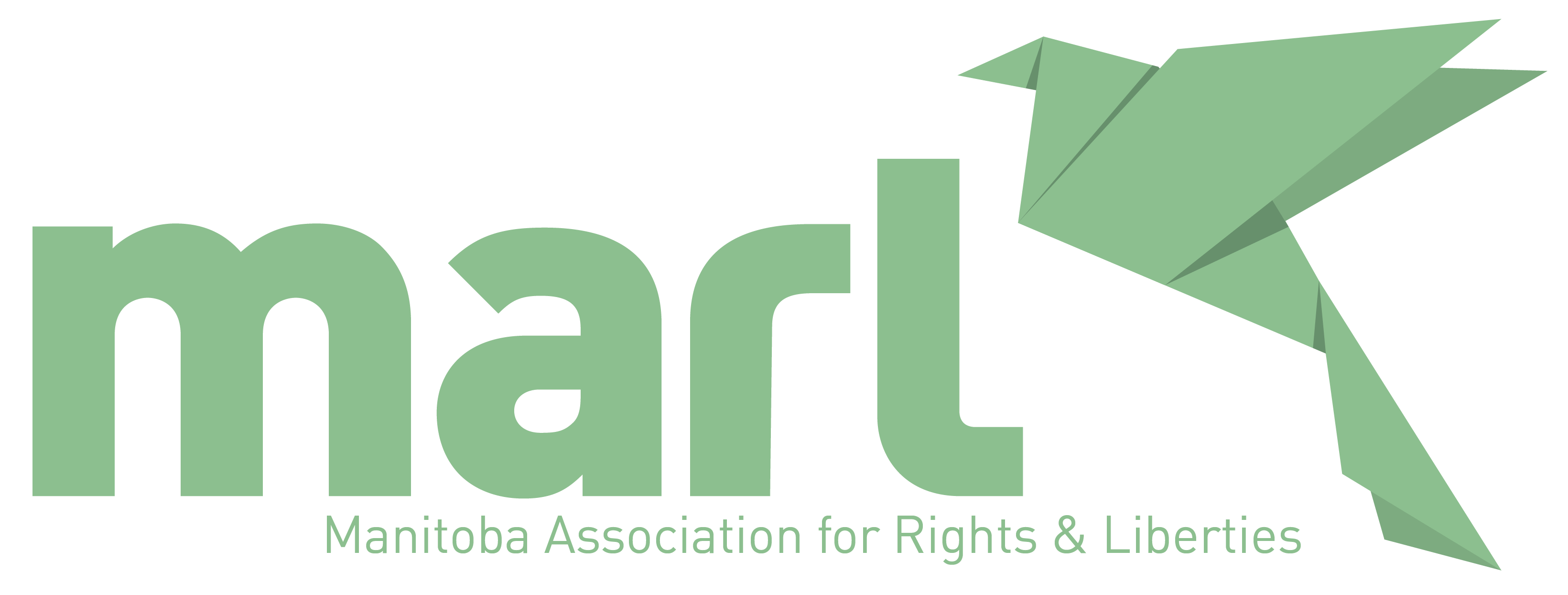January 7, 2021
Virtual Ethics Café: Education in a Time of Uncertainty
On November 26, 2020, MARL held a virtual Ethics Café discussing education during the COVID-19 pandemic. People young and old joined in on the conversation to contribute their thoughts and opinions.
This is a discussion close to home for MARL, as we, just like teachers, students, and the rest of the world, are trying to navigate how to effectively provide human rights education in a time of uncertainty. Ethics Cafés are an opportunity for people to come together to discuss relevant human rights issues. As a result of the ongoing pandemic, the event was held virtually, similarly to how many of the courses, classes, workshops and events of today are being provided.
Our discussion focused on a wide range of topics: should the federal government set national standards for education or should they be decided at a lower level (by provinces, cities, First Nations), how should teachers address students who hold views that may be based on misinformation or conspiracy theories, and how do we balance the need to respect the privacy of both teachers and students, on the one hand, and the need to keep students motivated and engaged in learning during the pandemic, on the other hand?
Although all questions are relevant to the discussion of education, this post will focus on the discussion of the second question, a question which is especially relevant to the work MARL does: How should teachers address students who hold views that may be based on misinformation or conspiracy theories? On what basis, if any, should they limit viewpoint diversity?
The groups looked at a variety of different positions when discussing this question. There was a strong consensus that there must be a balance between not spreading harmful misinformation and conspiracy theories and students’ ability to still feel comfortable enough within their classrooms to ask questions and participate in discussions.
Within the discussion, several teachers who joined in on the Ethics Café expressed that part of a teacher’s role is to cultivate discussions and teach critical thinking. In doing so, teachers must be able to navigate a difficult balance, as allowing too much weight on a side that is not supported by facts and/or science could inadvertently legitimate that side, causing more harm than good. However, how teachers navigate this role is also of the utmost importance, with one group member suggesting that, in an effort to correct misinformation and stop it’s spread, teachers and other educational supports could try to figure out where the student is getting their information from, what the ideology that supports it is to target the misinformation or conspiracy theory —in effect, creating a space where the student is called in and made to feel safe about participating in class while also making it clear that misinformation or conspiracy will not be tolerated. Most importantly, why misinformation or conspiracy theories are harmful should be central to the conversation. A group further emphasized that what we do not want to do is to dismiss or shut the student down and leave it at that, as it would only allow anger and resentment to fester.
Another difficult point that was brought up was how the religions of students and teachers might contribute to this conversation. Manitoba public schools are non-sectarian, as such, religion does not often play a role in classrooms; however, one Ethics Café participant asked what happens if that religion promotes harmful misinformation, such as to disagree with science? This leads us to the wider question of how far can and should an educator go in addressing views that are rooted in misinformation and conspiracy theories. No one should be given a platform for hate, but what if the falsity does not harm the student or others?
The last central point discussed was how media, and more specifically, social media, plays a growing role in the classroom. With the current generation of students now able to consume media starting from younger and younger ages, teachers are not only faced with dealing with harmful beliefs that students may have internalized from their parents but also what students are being exposed to on the internet. There was a general consensus from the group that education on media literacy and the harmful impacts that conspiracy theories and misinformation can have are necessary steps moving forward.
The issue of misinformation and conspiracy theories taking hold of classrooms is one that continues to grow amidst the ongoing pandemic. It is a battle which educators are still learning to fight. Although we can often be left with more questions than answers, it is a conversation we must continue having and a battle we must keep fighting, and so is the spirit of the ethics café.
Elise Thorlacius
Global College Practicum Student
Photo from: https://medicine.wustl.edu/news/podcast-addressing-rumors-conspiracy-theories-related-to-coronavirus/
you may also like…
March 24, 2024
My commitment to the Human Rights cause
Although there are different approaches to human rights and lots of stories to be told, my personal view is that every person has unique characteristics, whether they are physical or psychological. In addition, …
March 11, 2024
Open conversations: Bridging racial divides
Innovation is needed to bridge the racial divides and stop hate Recent data show that race or ethnicity is the most common motivation behind hate crimes in Canada. In 2020 alone, it amounted …





